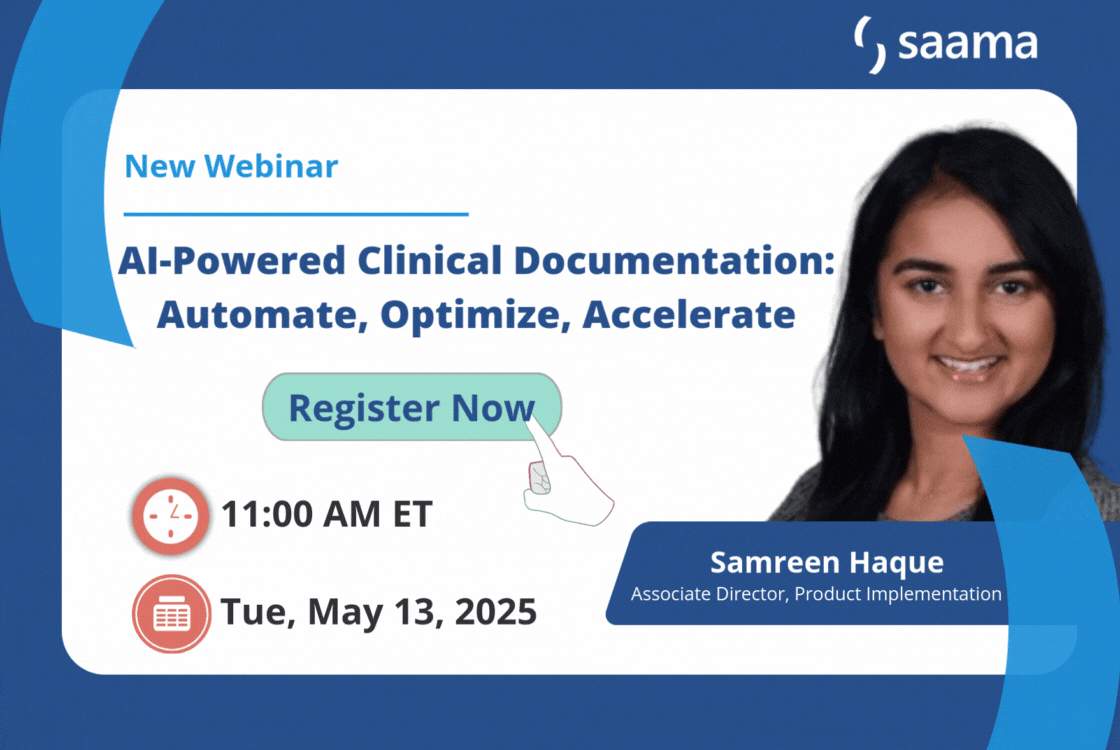In our previous post we talked about the potential of and use cases for generative AI within drug research and discovery. Today, we’ll be examining how generative AI can assist in clinical trial planning, management and analysis, all critical components of the clinical development process.
At a high level, generative AI has the potential to shorten clinical trial duration, improve trial design and protocols, enhance patient engagement, and fast-track analysis and reporting of trial results data. But, while gen AI offers enormous potential to enhance clinical trial management, its abilities are still shaped by the data that’s informed its training.
Let’s take a closer look at how generative AI can augment clinical trial management and analysis.
Unpacking generative AI’s potential in clinical trial management and analysis
Generative AI in clinical trial planning
Identifying potential risks and adverse events is crucial to planning a successful clinical trial. Generative AI can help speed up and streamline the planning process by using predictive modeling and risk assessments, based on historical data.
By analyzing the historical data of previous clinical trials, generative AI can identify patterns and relationships, and flag past risks and adverse events. This can include past instances of patient enrollment rates, treatment responses, patient dropout rates, potential safety concerns, and adverse events that occurred.
Through this, clinicians and study managers can better understand the potential risks of the trial and proactively mitigate them to improve the trial’s success rate. They can also use these insights to allocate resources more effectively. All of these findings and actions help to create optimal protocols for the clinical trial.
Generative AI in clinical trial management
Patient recruitment is one of the most challenging aspects of managing a clinical trial. By analyzing vast datasets of a patient’s health history in seconds, generative AI can identify high-potential patients more quickly than people. Not only does this speed up the patient recruitment process, but it also improves patient targeting, reducing the chances of a patient dropping out.
Generative AI also enables real-time monitoring of patient and site performance. Data and Study Managers can monitor site performance through real-time data continuously captured, analyzed, and presented by generative AI. These insights can help detect enrollment and performance issues as soon as they occur and allow for proactive decision-making to correct them before they impact the trial’s outcome.
Generative AI in data analysis
Analyzing the clinical trial data produced by the trial’s results is a laborious, exhausting task for medical writers. Pouring over thousands of individual datasets contained in multiple reports and documents can take weeks, driving up trial timelines and costs. Generative AI can automate this process, creating detailed, accurate clinical study reports (CSRs) at a faster rate, with a lower risk of error.
Using machine learning, generative AI can scan all relevant trial data and documentation, automatically creating summaries of clinical trial results. This can include the study design, protocols, patient data, patient responses to treatment, safety issues, adverse events recorded, and the efficacy of the trial.
It’s important to remember that, although generative AI can perform all of these tasks, it should always be guided and supervised by a human. At Saama, we always follow the principle of keeping a human in the loop when designing and creating our suite of AI solutions.
Conclusion
Incorporating generative AI, and even traditional AI, can be complex without the right ecosystem in place to support its capabilities. Unless you’re prepared and have the resources to build your own AI tool from scratch, the best solution would be opting for a ready-to-use AI solution that can seamlessly integrate into your workflows.
Book a demo with us to discover how our AI solutions can help you better leverage your data across all of your operations.

